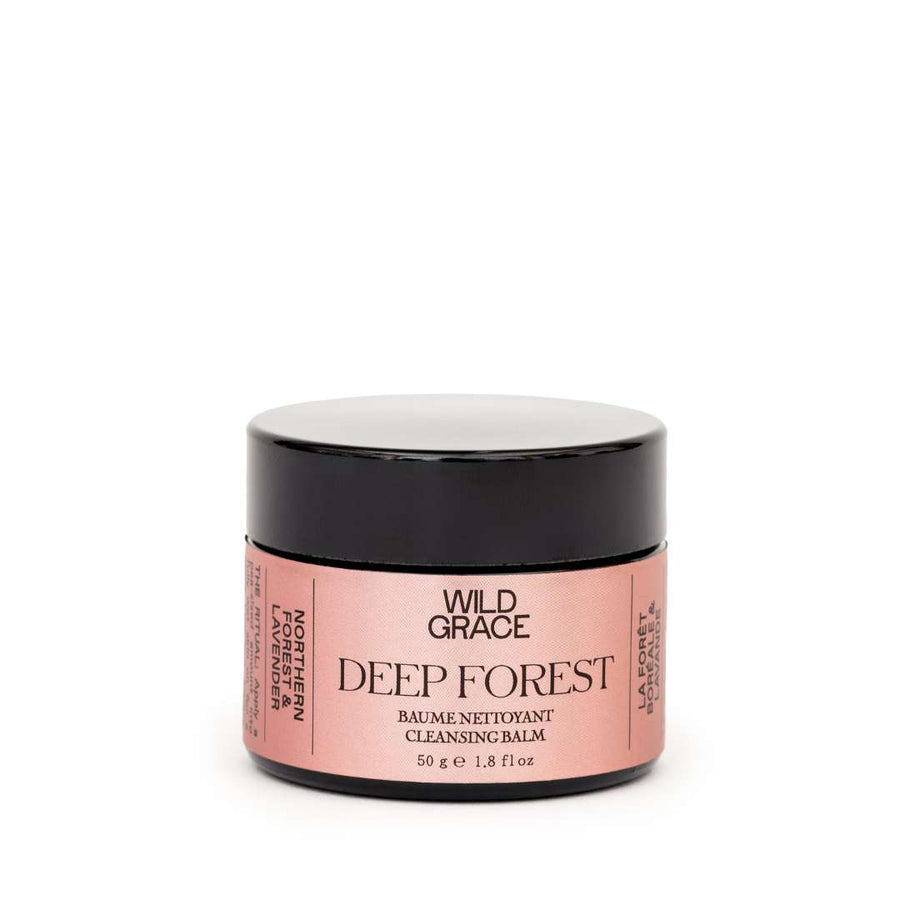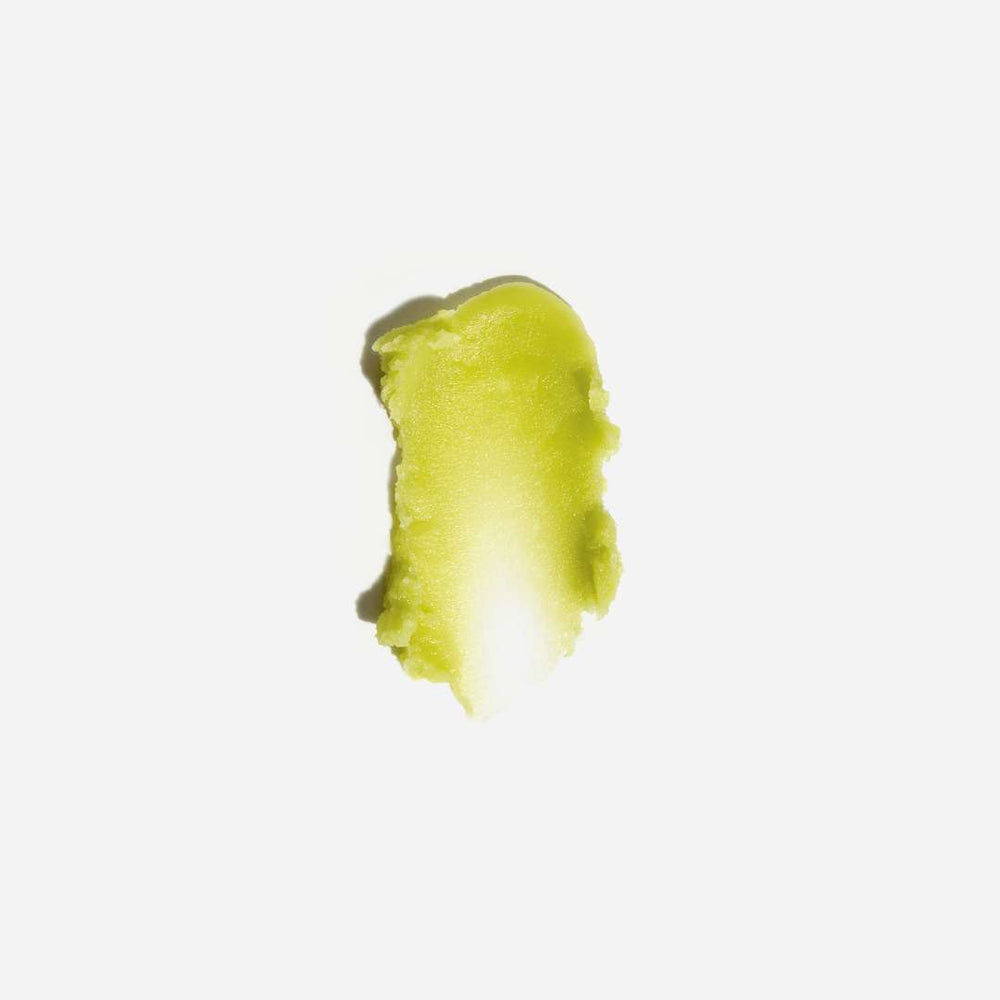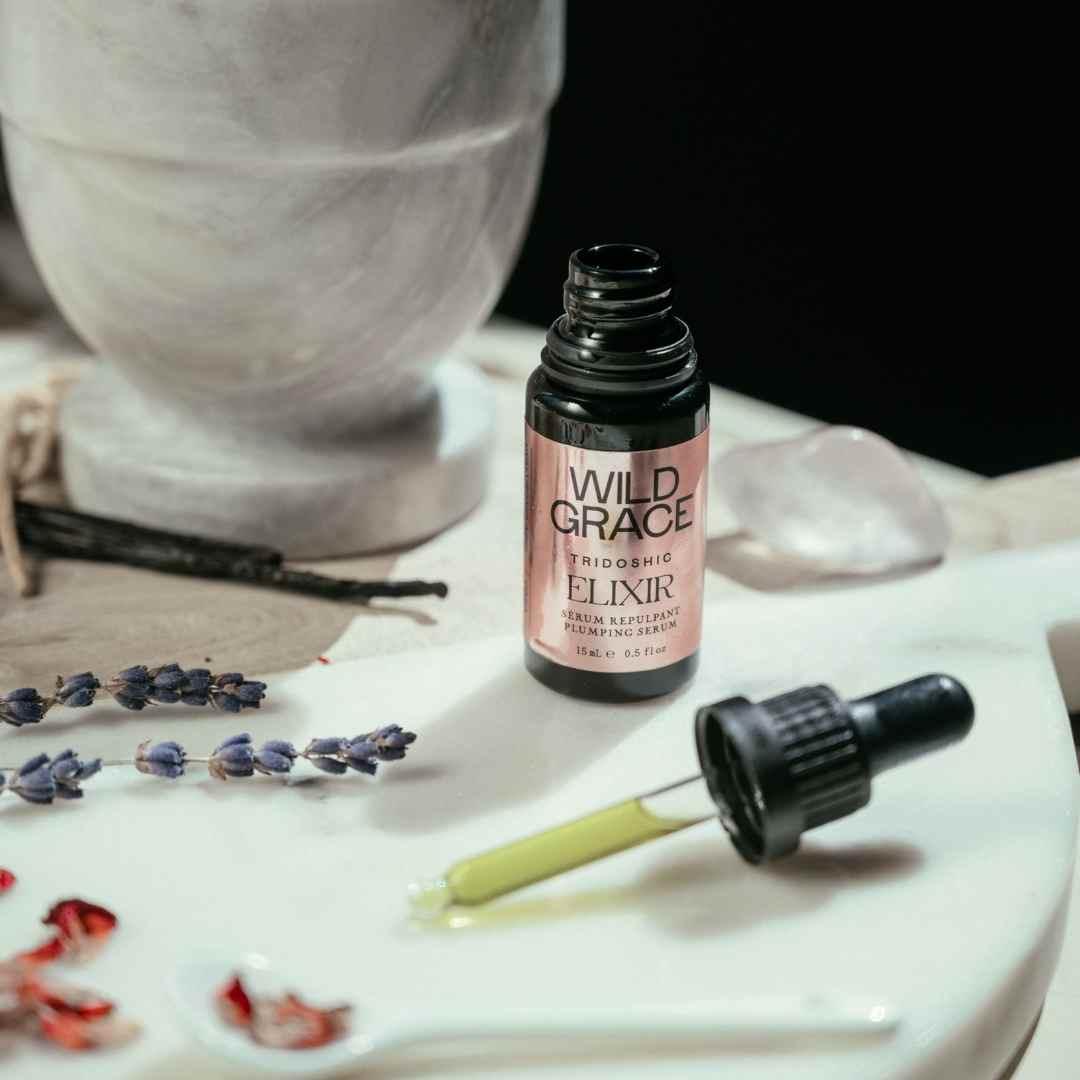BALANCING BLOOD CHOLESTEROL - PART 1
I would like to talk to you today about a topic that is sometimes forgotten, but which is essential to address if you want a healthy body: cholesterol. This first part acts as an informative capsule, in order to explain this rather complex term. Next week, I'll discuss cholesterol according to the Ayurvedic approach, on how to regulate your meda dhatu (lipid -aka fat!- tissue of the body), since cholesterol levels have a role to play in maintaining a healthy quantity and quality of the lipidic tissue of the body and the general health of the organism.
Firstly, what exactly is cholesterol?
It is a type of lipid (fat) that is produced by the liver and is found in many of the foods we eat. We often tend to blame cholesterol and want to eliminate it from our diet. However, it is important in several essential functions of our body.
- Constituent of the membrane of several cells in our body and certain hormones such as testosterone and cortisone (click here to read our article on the health of adrenal glands !)
- Supports the formation of neuronal connections in the brain
- Constituent of bile, a liquid that promotes the digestion of dietary fats
-
Helps in the synthesis of vitamin D
However, only a small amount of cholesterol is needed for the body to function properly. Pastries as breakfast are therefore not the best idea (of course, we sometimes accept some exceptions...!) ;-)
There are actually two types of cholesterol: the good (HDL) and the bad one (LDL). Let's examine the difference between the two:
These are called "lipoproteins", the proteins through which cholesterol travels in the blood. There are two types: LDL (Low-Density Lipoprotein) and HDL (High-Density Lipoprotein). HDLs clear the arteries by collecting cholesterol from the arteries and taking it to the liver, where it is eliminated by the body. LDLs, on the other hand, tend to bind cholesterol to the walls of the arteries, carrying the cholesterol from the liver into the bloodstream.
It is the LDL cholesterol that can be problematic and cause problems such as hardening of the arteries (atherosclerosis), which can later lead to chest pain, heart attack, or stroke. Although the liver removes excess cholesterol from the body, it happens that cholesterol is too abundant in our bodies to be completely removed (20% of the cholesterol in our bodies comes from our food!). The problem with high blood cholesterol levels is that there are no easily detectable symptoms.
So how do you know if you have high blood cholesterol?
By taking a blood test!
Here are some factors that can increase the chances of high blood cholesterol…
- Age (yes, cholesterol levels tend to increase with age...)
- Diet
- The level of physical activity in our daily lives
- Bodyweight
- Consumption of substances such as alcohol and tobacco
-
Genetic factors








Leave a comment